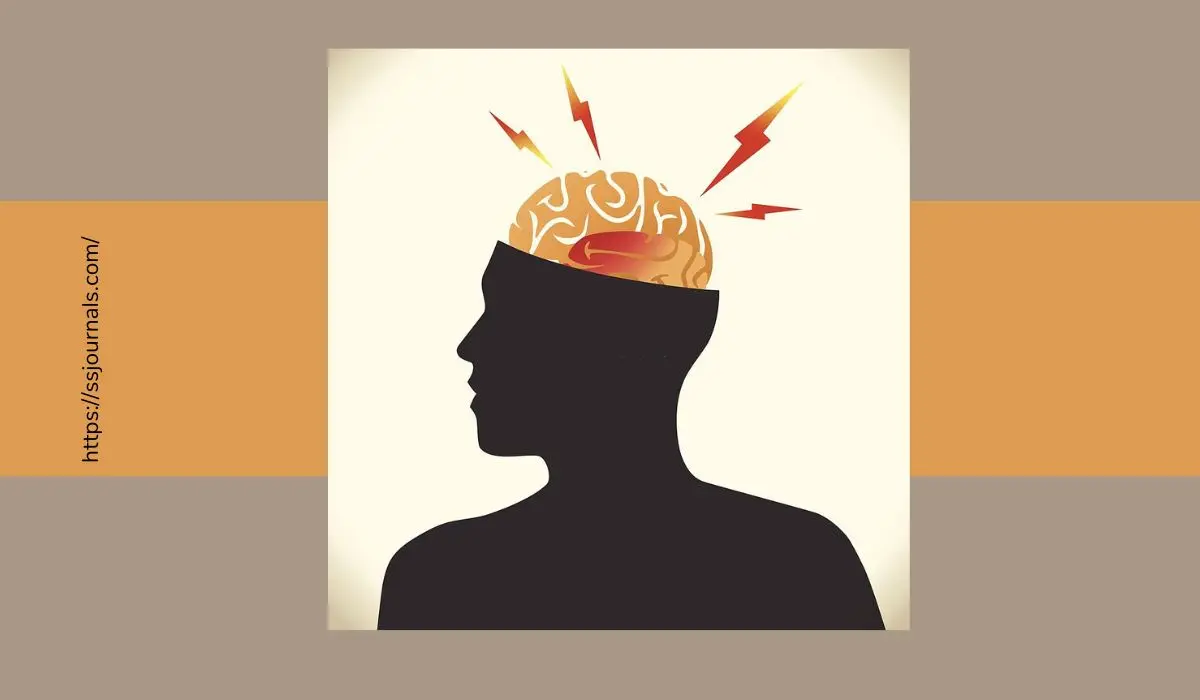Brain zaps are a strange symptom that people with anxiety often describe. They feel like sudden buzzing, electrical, zap, or jolt sensations in the brain. These anxiety-fueled brain zaps can occur out of nowhere and disappear just as quickly as they arrive.
While brain zaps are not harmful, they can be very disturbing. If you suffer from regular brain zaps related to anxiety, you’re not alone. There are several ways to reduce their frequency and intensity. Let’s explore what exactly brain zaps are, what causes them, and how to minimize them.
What Are Brain Zaps?
Brain zaps are an unsettling anxiety symptom that feel like sudden electrical buzzes, jolts or zap sensations in the brain. They tend to come and go without warning. If you suffer from regular brain zaps related to anxiety, know that you aren’t alone and there are ways to minimize their occurrence.

Brain zaps are not harmful but can be disturbing. Identifying triggers, making lifestyle changes, trying relaxation techniques, and considering medications can help reduce frequency and severity. Here are the top ways to stop anxiety-induced brain zaps.
Best Ways To Stop Anxiety-induced Brain Zaps
Reduce Caffeine Intake
Consuming too much caffeine from coffee, tea, soda or energy drinks can overstimulate the nervous system, triggering brain zaps in those prone to anxiety. Try cutting back on caffeine to see if it provides relief. Wean slowly to prevent withdrawal headaches. Limit coffee to 1-2 cups daily.
Increase Magnesium Intake
Magnesium deficiency is linked to anxiety symptoms like brain zaps. Boost magnesium consumption with foods like spinach, avocado, nuts, seeds, beans, tofu, and whole grains. Supplementing with 200-400 mg/day may also help normalize nerve functioning.
Manage Stress
High stress fuels anxiety and sensations like brain zaps. Practicing stress management techniques is key. Try journaling, deep breathing, yoga, light exercise, listening to music, or meditation. Say no to added responsibilities and seek professional help if overloaded.
Get More Quality Sleep
Inadequate sleep exacerbates anxiety issues. Not getting the 7-9 hours nightly that your body needs increases the likelihood of brain zaps and anxiety flare-ups. Maintain a consistent bedtime routine and limit electronics before bed to improve sleep.
Exercise Regularly
Make time for exercise most days, even just gentle activities like walking. Aerobic exercise and strength training naturally decrease anxiety hormones like cortisol. But avoid overexercising which can deplete nutrients and worsen anxiety.
Avoid Trigger Foods
Brain zaps may be a sign of food sensitivities. Keep a symptom journal to identify problematic items, like gluten, refined carbs, sugar, or dairy, that seem to precede zaps and then eliminate them. Also, try an elimination diet under a doctor’s care.
Practice Relaxation Techniques
When you feel a zap coming on, take slow deep breaths and visualize your happy place. Repeating a mantra like “this too shall pass” can help you ride it out by disrupting the anxiety cycle. Yoga, meditation, and mindfulness training can help long-term.
Consider Medications or Supplements
Discuss medications like SSRIs or anti-anxiety drugs with your psychiatrist if lifestyle changes don’t provide enough relief from brain zaps after a few months. Supplements like ashwagandha, magnesium, and chamomile may also calm nerves.
Get Thyroid Levels Checked
Thyroid disorders can cause anxiety and related brain zaps. Ask your doctor to test your thyroid hormones. If levels are off, hormone-balancing medications may minimize anxiety and electrical sensations.
See a Neurologist
In rare cases, persistent brain zaps may indicate an underlying neurological condition. See a neurologist to rule out epilepsy, mini-strokes, or multiple sclerosis if zaps won’t subside or you have other neurological symptoms.
Conclusion
If you frequently experience anxiety-related brain zaps, know that making specific lifestyle adjustments can often reduce their occurrence. Get stress and caffeine intake under control, up magnesium and sleep, and try relaxation techniques.
For stubborn brain zaps, work with a doctor to explore whether medications, medical conditions, or food sensitivities could be at play. While jarring, brain zaps are generally harmless and can be minimized with the right interventions.
FAQs
Brain zaps feel disturbing but are not harmful. They are believed to be caused by misfiring electrical impulses in the brain. While unsettling, they typically resolve on their own.
Experts aren’t entirely sure what causes them but likely involve stress, nutrient deficiencies, neurotransmitter changes, and neural electrical dysfunction. The root cause differs between individuals.
Yes, they are a common withdrawal side effect when discontinuing certain medications like SSRIs and SNRIs. Brain zaps are also a side effect of psychedelic drugs.
Not necessarily, although they frequently coincide with anxiety flares. They may also stem from excess caffeine, sleep deprivation, neurological issues, or vitamin deficiencies.
See your doctor if lifestyle changes don’t decrease brain zaps after a few months or if you have other concerning symptoms like weakness, vertigo or loss of consciousness.

